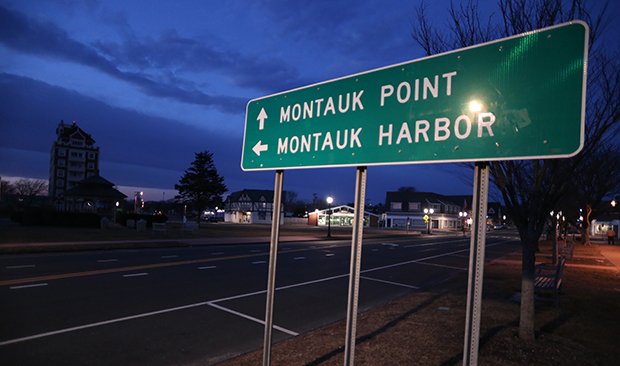The owner of a residence in Montauk was ticketed for renting his home out at least 55 times over a nine-month period from May 2021 until early 2022, according to a statement by East Hampton Town. Town Code governing the rental of residences allows a maximum of only two short-term rentals of less than two weeks within a six-month period. The home generated more than $100,000 in rental fees during that time.
Rental records were obtained from the online rental agency Airbnb, Inc. by East Hampton Town through a subpoena. After a three-month joint investigation conducted by the East Hampton Town Attorneys’ Office and the East Hampton Town Ordinance Enforcement Department, a total of 57 Field Appearance Tickets were issued to the defendant for alleged violations of the Town’s Rental Registry laws.
Town law requires rental properties, including seasonal rentals, to be registered on the town rental registry maintained by the Building Department and issued a rental registration number. The rental registry number must be included in any rental advertising. Regular renewals and updates to the rental registration information are required.
The defendants are scheduled to be arraigned in East Hampton Town Justice Court on August 1, 2022. If convicted the defendants face a maximum potential sentence under the Town Code of more than $200,000 in fines and/or a period of incarceration.
“Our East Hampton Town codes are designed to protect property owners and residents from the impacts resulting from the misuse of residential properties, such as turning a residence into a money-making, commercial venture,” East Hampton Town Supervisor Peter Van Scoyoc said. “The transformation of single-family houses into heavy turnover rentals advertised on Airbnb and other sites has had a noticeable negative impact on the character of our neighborhoods and community. The Town will continue to pursue legal action against those who disregard our
regulations and community values.”
In addition to a restriction on short-term rentals, the town code does not allow “share houses,” or the sale of rights to occupancy of a house during particular time periods. Rental of one or two guest rooms is allowed if a property owner resides on site.










